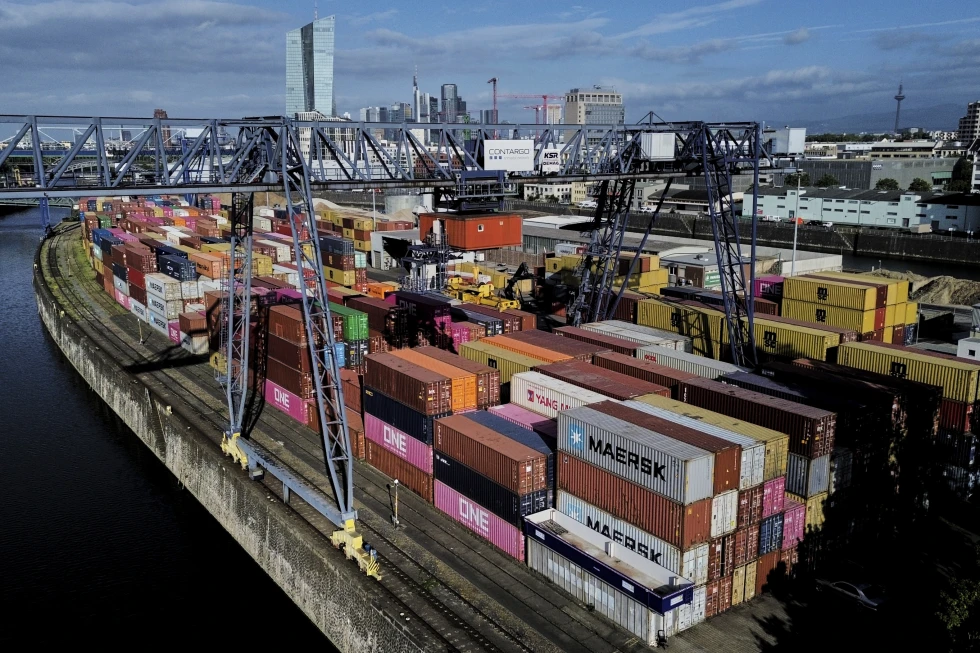Germany’s economy, the largest in Europe, grew by 0.4% in the first quarter, beating earlier estimates, official data showed Friday. This growth was twice as much as first reported.
The Federal Statistical Office had earlier said the economy grew by 0.2% from January to March compared to the previous quarter. Ruth Brandt, head of the office, said that “the surprisingly good economic development seen in March” caused the update.
The last time Germany had stronger growth was in the third quarter of 2022, with GDP rising by 0.6%. Germany has had trouble growing much in recent years and the economy shrank in each of the last two years. In the last quarter of 2023, it dropped by 0.2%.
In its first forecast since Chancellor Friedrich Merz’s government started this month, an independent group of economic advisers said on Wednesday that GDP will stay flat this year but grow by 1% next year.
They mentioned challenges from U.S. President Donald Trump’s tariffs and trade threats but said that a big infrastructure investment plan from Merz’s government could help the economy improve next year.

Carsten Brzeski, global head of macro at ING bank, said the better first-quarter results seem to be a “positive one-off” for now, helped by companies preparing for Trump’s tariffs.
“Because of the announced tariffs and expecting ‘Liberation Day,’ German industrial production and exports jumped in March,” Brzeski said in a research note.









